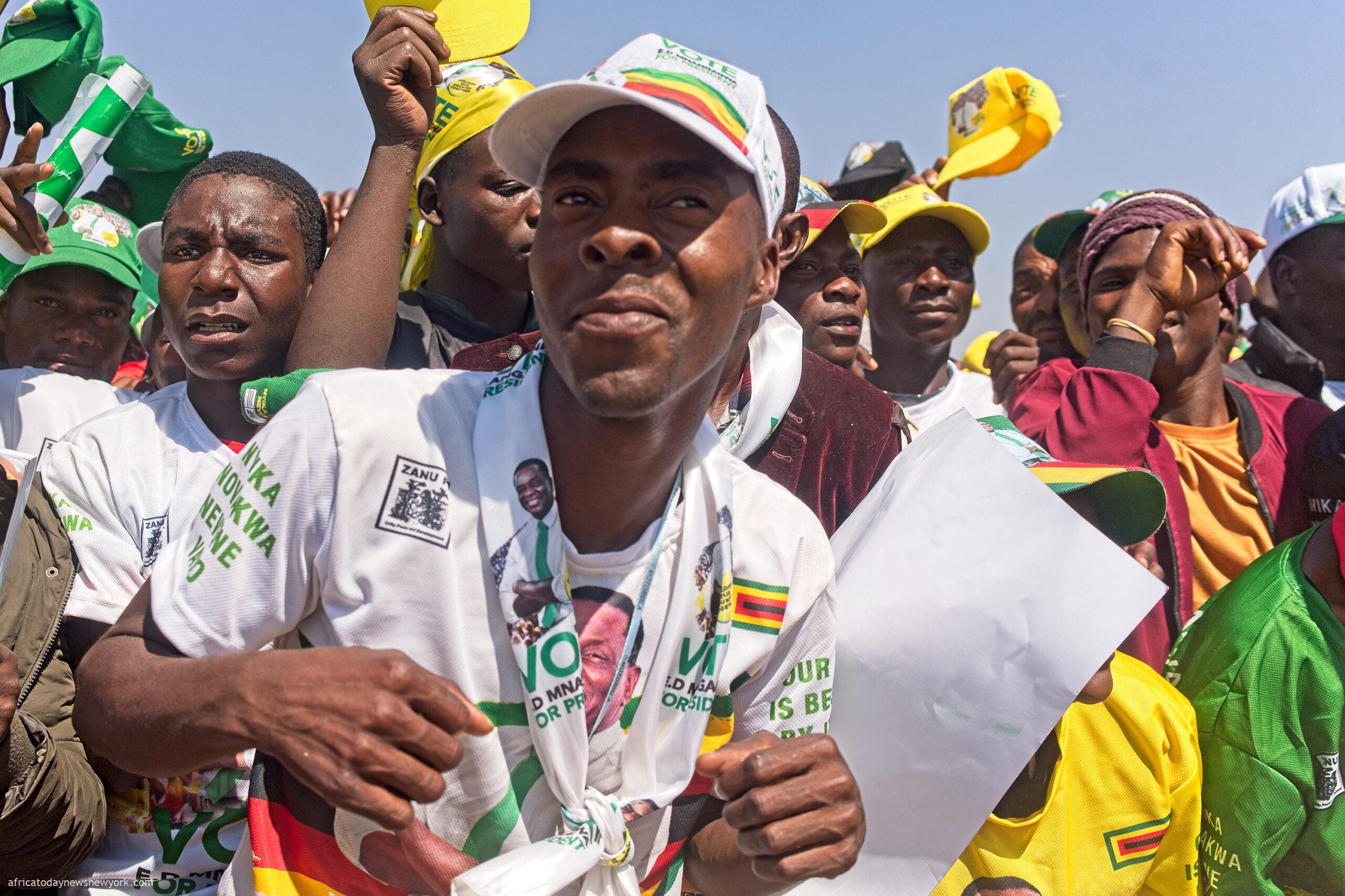Zimbabweans will today line up at the polls in presidential and parliamentary elections to decide their futures after a campaign dominated by the country’s soaring inflation.
To provide the 6.62 million registered voters an opportunity to cast their ballots, the day has been proclaimed a public holiday.
Ten candidates, including Nelson Chamisa of the leading opposition Citizens Coalition for Change (CCC), are running against President Emmerson Mnangagwa.
Africa Today News, New York understands that to be declares a winner, a presidential candidate needs more than 50% of the votes.
If there is no outright victor, a presidential run-off will be held in six weeks on 2 October.
It is first election since the death of Robert Mugabe, the man who dominated Zimbabwean politics and the ruling Zanu-PF party for decades.
Nearly two years after being overthrown by the military and replaced by Mr. Mnangagwa, he passed away in 2019.
Voters can cast ballots for local council members beginning at 7:00 local time (05:00 GMT) in polling places.
Election authorities were establishing polling places in the capital city of Harare ahead of election day and removing political signs that were nearby to comply with electoral laws.
According to police commissioner Godwin Matanga, police have been stationed all around the nation to uphold order, and prison guards will increase their numbers.
He maintained the pre-election period had been largely peaceful despite some skirmishes.
However, opposition parties say a disproportionate number of their rallies were banned by police or disrupted.
One CCC supporter was killed in violence earlier the month. Police have arrested 15 suspects in connection with the case.
The Zimbabwe Electoral Commission (Zec) has warned people not to wear nail varnish or nail extensions on their left pinkie finger, which will be marked with indelible ink after voting.
Monitoring groups have raised issues about alleged anomalies on the voters’ roll, saying some names have been moved from their usual place of voting to other areas.
There has also been criticism about last-minute boundary changes, meaning voters may not know their assigned polling station has changed.
Mr Mnangagwa, who is seeking a second term in office, is anxious to get an international stamp of approval for the vote so Zimbabwe’s foreign debt can be restructured and potentially open up fresh lines of credit frozen more than 20 years ago.

